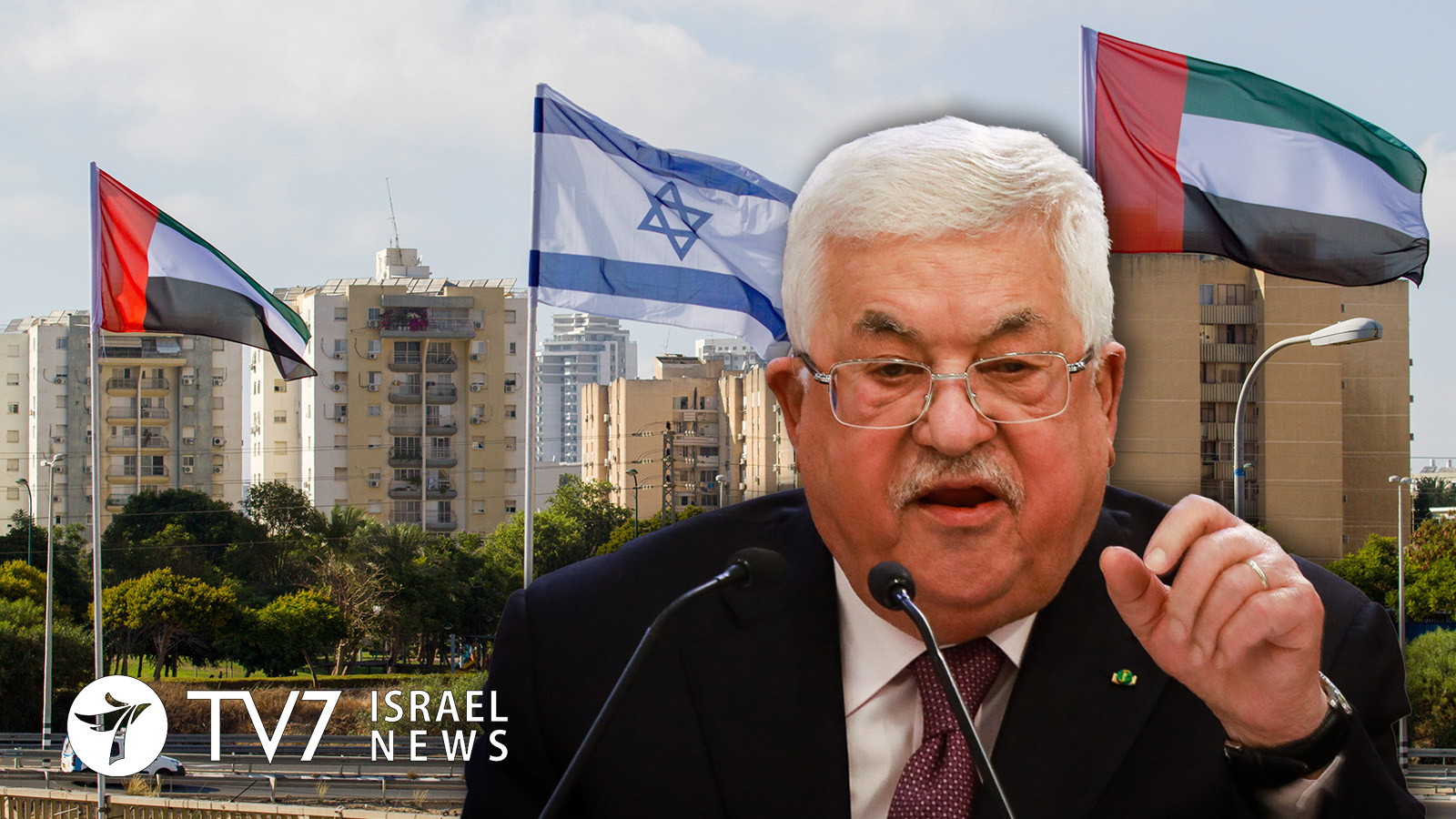The United Kingdom’s Secretary of State for Foreign Affairs Dominic Raab wrapped up his lightning visit to the region with talks with Palestinian Authority leaders in Ramallah after earlier meetings with Israeli officials in Jerusalem.
Secretary Raab told the Palestinians that Israel’s normalization of relations with the United Arab Emirates presents renewed opportunities for negotiations, and that it appears that the Jewish State will delay plans to assert sovereignty over parts of the West Bank of the Jordan River. “The case now for direct dialogue with the government of Israel given the UAE deal, and the fact that annexation – or the prospect of it – has been suspended, which I’ve sort of received reassurances from my interlocutors in Jerusalem earlier in the day.”
Palestinian President Mahmoud Abbas retorted that “peace will not be achieved through bypassing Palestinians and the normalization of relations with Arab countries, nor will it be achieved with an ‘illusion of peace’ instead of real peace.” He then maintained that, “peace is achieved by international law and the Arab peace initiative – which means holding a peace deal with the Palestinians firsthand.”
Secretary Raab, who once served as an adviser for the Palestine Liberation Organization during the 1990s Oslo peace process, sought to alleviate evident frustration in Ramallah by reiterating London’s commitment to a two-state solution.
“It’s a real honor 22 years later to come back, and to affirm in the spirit of friendship, personally and also on behalf ot the United Kingdom, our commitment to the Palestinian people, our commitment to a two state solution,” said the British Foreign Secretary, underscoring “the United Kingdom’s opposition to annexation of territory; and above all, we want to see the improvement of the lives of the Palestinian people which can only be secured through a lasting peace negotiated between Israel and the Palestinians.”
The Palestinians also topped the agenda at a trilateral summit in Amman. After welcoming Egyptian President Abdel Fattah al Sisi and Iraqi Prime Minister Mustafa al Kadhimi with a military honor guard, Jordan’s King Abdullah II emphasized that that the three Arab nations must work together to deal with the region’s rapid developments, including interference by external forces.
The Hashemite Monarch stressed that “The Palestinian issue remains central in the region; we stand by the two state solution that will lead to the end of the Israeli occupation and will lead to the establishment of an independent Palestinian state on the July 4 (1967) lines.” He nevertheless went on to describe “the issue of food security” as “the greatest challenge we will face in 2021.”
Despite Palestinian anger over Abu Dhabi’s rapprochement with Jerusalem, Israeli Prime Minister Benjamin Netanyahu announced that he “instructed the head of National Security Council Meir Ben Shabbat to lead a professional Israeli delegation for talks in the UAE next week.”
“This delegation will act, together with an American team and a parallel team from the UAE, to promote peace and normalization between Israel and the UAE,” said Netanyahu. He went on to describe the accord as “historic,” and said it “will bring growth engines” to “help economic flourishing in general” but particularly in the wake of the coronavirus pandemic.
The Israeli leader then expressed his hope that “other countries in our region will join the circle of peace.”
Meanwhile, U.S. Secretary of State Mike Pompeo has wrapped up his Mideast tour that began in Israel with talks in Sudan and Bahrain, where he sought to promote the acceleration of peace with between Arab nations and the Jewish State.
According to the U.S. State Department, “The Secretary and General Burhan (who is Sudan’s Sovereign Council Chair) discussed regional issues of mutual importance, including continued deepening of the Israel-Sudan bilateral relationship.” Separately in Bahrain, a senior U.S. official informed TV7 that discussion with King Hamad al-Khalifa and Crown Prince Salman Bin Hamad al-Khalifa had been very positive in relation to a feasible rapprochement between Jerusalem and Manama.
